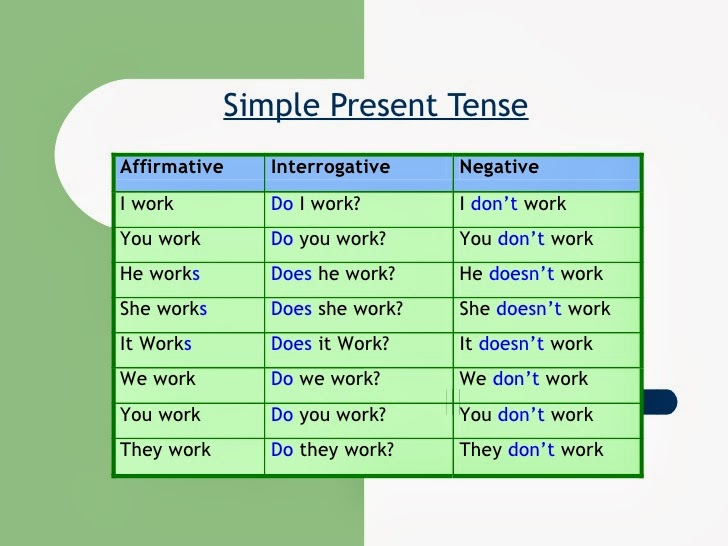

My boyfriend surprised me at work with a singing telegram for my birthday.Do you remember who sang the national anthem at the Superbowl this year?.He was charged for the robbery right after that!
 As soon as the police brought in the bank thief for questioning, he sang like a canary. After he wrote his first novel, every book critic in town sang his praises. Did you go see the opera “Carmen” this week? I heard that the mezzo-soprano sang beautifully!. My grandmother had a pet canary that sang every time it rained. So, here are several examples using both to show you how this verb is used: ‘Sung’ is commonly mistaken for the past tense of this verb, when in fact it is the past participle. In modern English, the past form of the verb ‘sing’ is ‘sang,’ no matter what the pronoun is. Many words in the English language that have been adopted from other languages have this characteristic. Specifically, the verb ‘swim’ is of Germanic origin, and is considered a strong verb, which means that its inflected form is conjugated through vowel gradation or apophony (a sound change within a word that indicates grammatical information). Sing is an irregular verb, which means that the past tense is not formed by adding the usual -ed ending.
As soon as the police brought in the bank thief for questioning, he sang like a canary. After he wrote his first novel, every book critic in town sang his praises. Did you go see the opera “Carmen” this week? I heard that the mezzo-soprano sang beautifully!. My grandmother had a pet canary that sang every time it rained. So, here are several examples using both to show you how this verb is used: ‘Sung’ is commonly mistaken for the past tense of this verb, when in fact it is the past participle. In modern English, the past form of the verb ‘sing’ is ‘sang,’ no matter what the pronoun is. Many words in the English language that have been adopted from other languages have this characteristic. Specifically, the verb ‘swim’ is of Germanic origin, and is considered a strong verb, which means that its inflected form is conjugated through vowel gradation or apophony (a sound change within a word that indicates grammatical information). Sing is an irregular verb, which means that the past tense is not formed by adding the usual -ed ending. 
It can also be used when we talk about certain animals (like birds or whales), to recount or celebrate a person or a thing (usually in art or literature), or when someone acts as an informer (usually to a person of authority). The verb ‘sing’ means to make musical sounds with your voice, especially words with a set tune (also known as a song!). If you’ve been studying English for any amount of time, it will come as no surprise that it can be a confusing language to learn. In this lesson, we’re talking about the past tense of the verb ‘sing.’ The past tense of this verb can be confusing, so let’s clarify the correct way to use this verb.







 0 kommentar(er)
0 kommentar(er)
